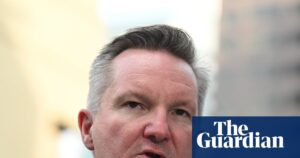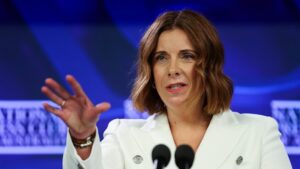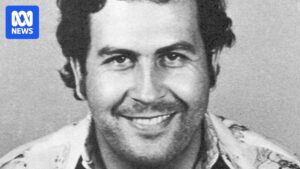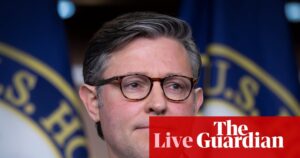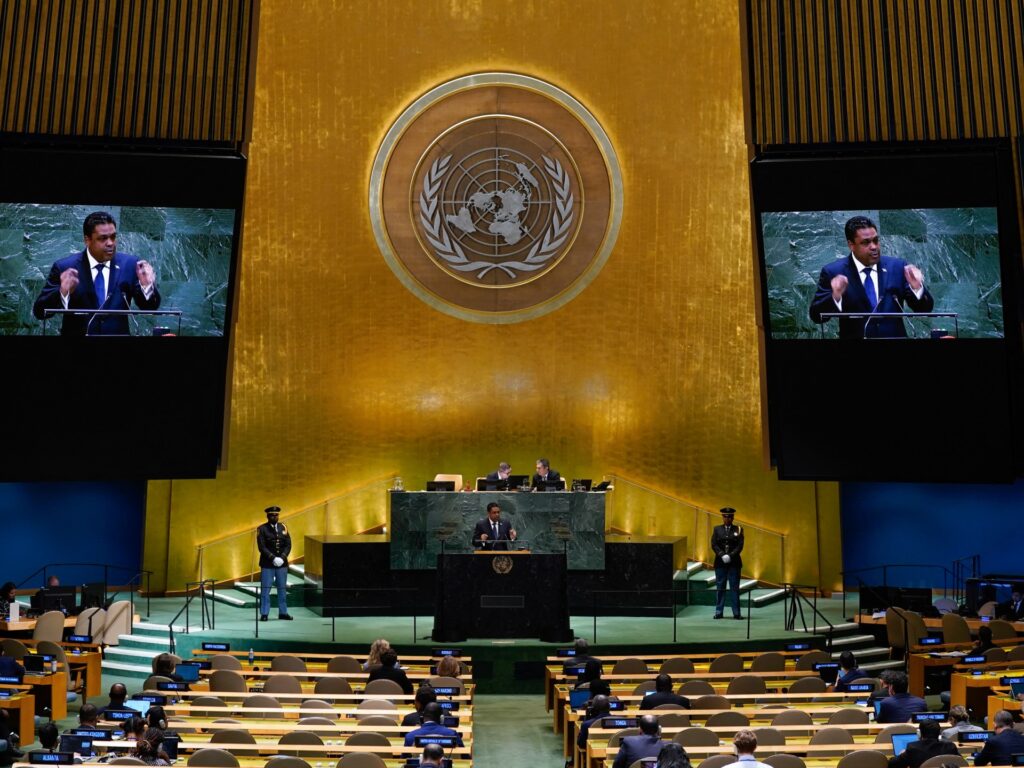
World leaders convened in New York from September 23 to 29 for the 80th session of the United Nations General Assembly (UNGA), where Israel’s military actions in Gaza faced intense scrutiny and condemnation. The assembly witnessed a series of walkouts by delegates during Israeli Prime Minister Benjamin Netanyahu’s speech, reflecting the growing isolation of Israel on the international stage.
Outside the UN headquarters, large crowds gathered in support of Palestinians, protesting against Netanyahu, who is under an International Criminal Court (ICC) arrest warrant for alleged war crimes. While the United States and a few allies continued to support Israel, the overwhelming criticism underscored its increasing diplomatic isolation.
Global Voices Against Israel’s Actions
The UNGA session featured a chorus of voices from around the world condemning Israel’s military operations in Gaza. UN Secretary-General Antonio Guterres described the conflict as unprecedented in its devastation, urging compliance with International Court of Justice (ICJ) rulings to prevent genocide and ensure humanitarian access.
Brazil’s Call for Palestinian Statehood
Brazilian President Luiz Inacio Lula da Silva highlighted the plight of Palestinians, describing it as a stark example of disproportionate force. He warned that without an independent state, Palestinians risk extinction, emphasizing the need for their integration into the international community.
U.S. Stance and Criticism
U.S. President Donald Trump, in a lengthy address, dismissed the UN’s role and criticized various policies while demanding the release of captives held by Palestinians. He warned that recognizing a Palestinian state unilaterally would reward Hamas for its actions.
Indonesia’s Peacekeeping Offer
Indonesian President Prabowo Subianto offered to deploy 20,000 peacekeepers to Gaza, drawing parallels between Indonesia’s colonial history and the Palestinian struggle. He urged the UN to defend justice for Palestinians.
Regional Reactions and International Implications
Turkish President Recep Tayyip Erdogan criticized the U.S. for visa denials to Palestinian officials and called for a ceasefire and accountability for war crimes. Jordan’s King Abdullah II emphasized the failure of interim agreements and advocated for a two-state solution.
Qatar’s Emir Sheikh Tamim bin Hamad Al Thani condemned a recent Israeli attack in Doha as a political assassination, suggesting Israel aims to render Gaza uninhabitable. South African President Cyril Ramaphosa highlighted a case at the ICJ pressing for a genocide ruling against Israel.
European and Middle Eastern Perspectives
French President Emmanuel Macron urged more countries to recognize Palestinian statehood, while Lebanese President Joseph Aoun called for the implementation of UN resolutions to end Israeli aggression. Syrian President Ahmad al-Sharaa reaffirmed solidarity with Gaza, drawing on Syria’s own experiences of conflict.
Iran and Palestine’s Appeals
Iranian President Masoud Pezeshkian called for a return to moral principles, condemning violations of sovereignty. Palestinian President Mahmoud Abbas described the situation in Gaza as a war of genocide, distancing the Palestinian Authority from Hamas.
Broader International Reactions
Ghanaian President John Dramani Mahama criticized the treatment of Palestinian delegates at the UN, while UK Deputy Prime Minister David Lammy called for an end to the suffering in Gaza. Yemeni President Rashad Mohammed al-Alimi described Gaza as a moral testing ground for the UN.
Pakistani Prime Minister Shehbaz Sharif condemned the violence in Gaza, urging immediate ceasefire actions. Irish Prime Minister Micheal Martin labeled the situation a monumental catastrophe, and Bangladesh’s Muhammad Yunus agreed with UN findings of genocide.
Russia and Saudi Arabia’s Positions
Russian Foreign Minister Sergey Lavrov accused Israel of destabilizing the Middle East and criticized Western double standards. Saudi Foreign Minister Prince Faisal bin Farhan Al Saud condemned Israel’s practices in Gaza and called for urgent action to end the aggression.
Conclusion: A Divided Global Response
As the UNGA session concluded, the international community remained deeply divided over the conflict in Gaza. While some nations called for immediate action and recognition of Palestinian statehood, others stood by Israel, emphasizing the complexity and contentious nature of the issue. The global discourse at the UNGA highlighted the urgent need for a diplomatic resolution to ensure lasting peace in the region.

